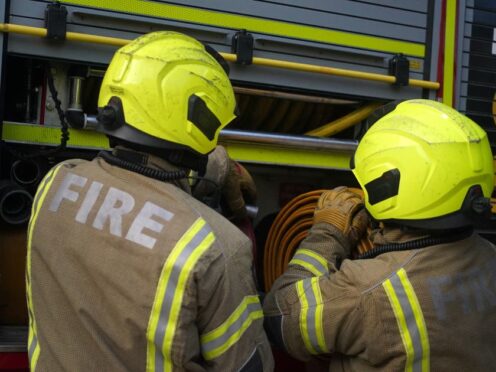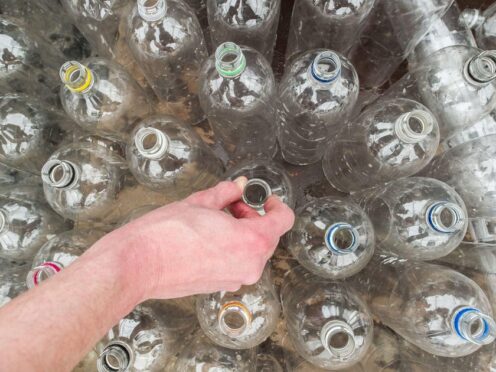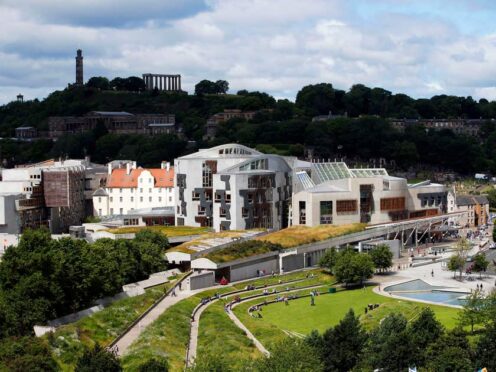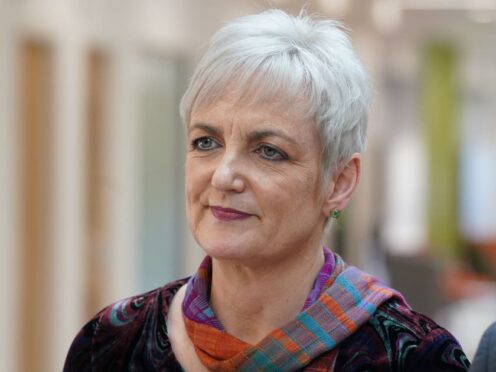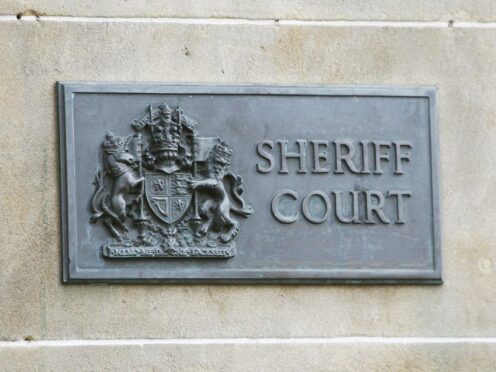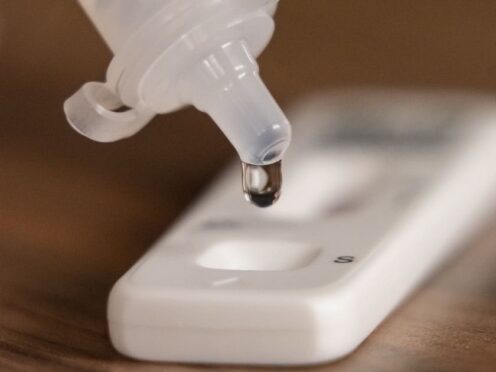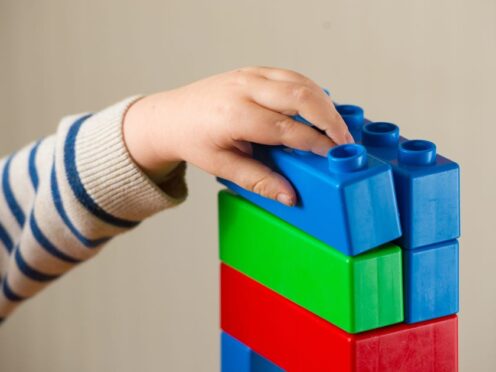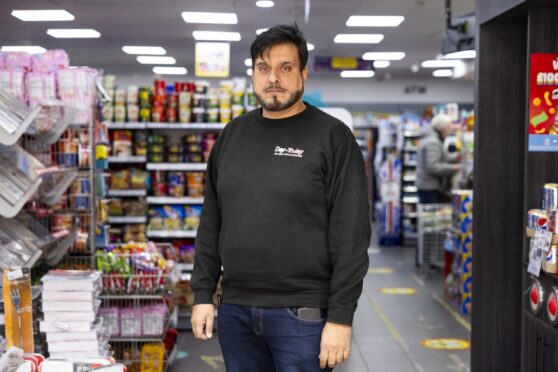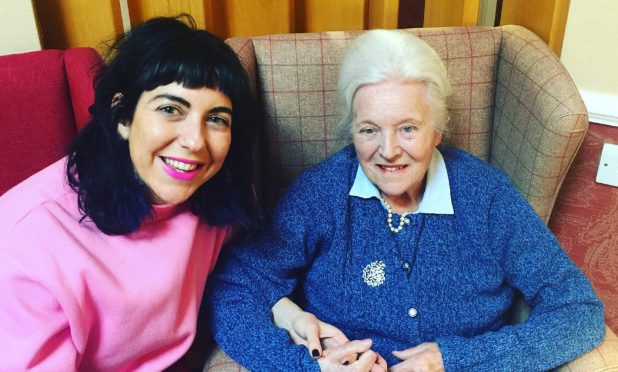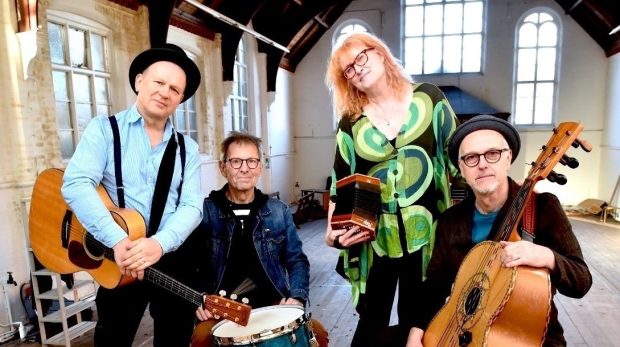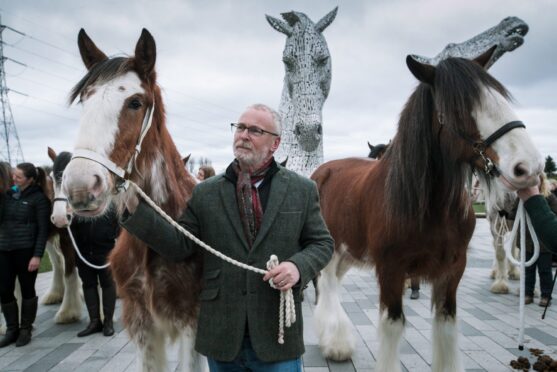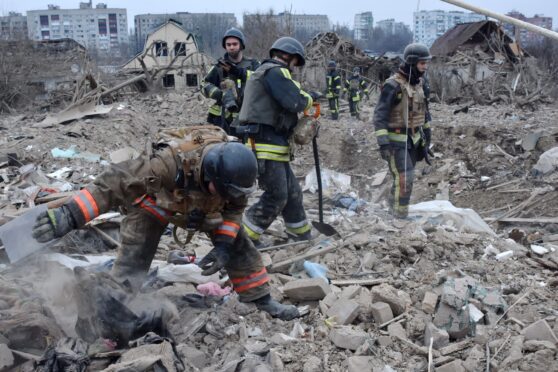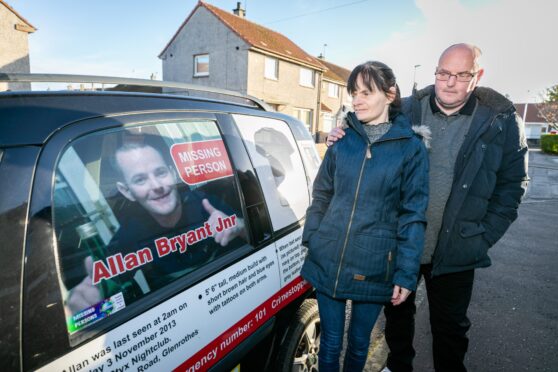VIDEO: Meet the winners at Scotland’s Dementia Awards 2019
Scotland’s Dementia Awards last week celebrated the innovative and vital work going on across the country in helping to enhance the health, wellbeing and experience of people living with the condition, as well as their families.
The event, a partnership between Alzheimer Scotland, NHS Education for Scotland and the Scottish Social Services Council, honoured a number of projects, including a hospital salon, a carer’s support system and a woodland activity programme.
Henry Simmons, Alzheimer Scotland’s Chief Executive, said: “I am always amazed and honoured by the dedication of individuals and of the creative collaborations taking place across Scotland and this year was no exception.
“Our winning initiatives are significantly developing and improving practice, ensuring that the rights of people with dementia and their families to receive the best possible quality of care and support are being recognised and fulfilled.
“Others are helping to break down and tackle social barriers, unifying our communities and creating a dementia-friendly Scotland. A big thank you to everyone who entered this year to make our winners’ ceremony a truly remarkable event.”
Amanda Kopel received a special Lifetime Achievement Award following years of campaigning to extend free personal care to people under-65.
The award honoured her tireless pursuit for Frank’s Law, named after her late husband, former Dundee United footballer Frank Kopel.
Henry said: “Amanda’s efforts and her commitment to end this inequality has been a truly remarkable achievement, and the outcome of her campaign will improve the lives of so many people with dementia and other conditions throughout Scotland and she greatly deserves this recognition.”
Dementia is the biggest health and social care challenge faced by society today. There are 90,000 people living with dementia in Scotland and it is now estimated that 20,000 people every year will be diagnosed with the condition by 2020.
As yet, there is no cure.
The winners
Best Community Support Initiative
NHS Lothian Rapid Response Team- An Alternative to Hospital Admission for Older People: Rapid Response Team, NHS Lothian
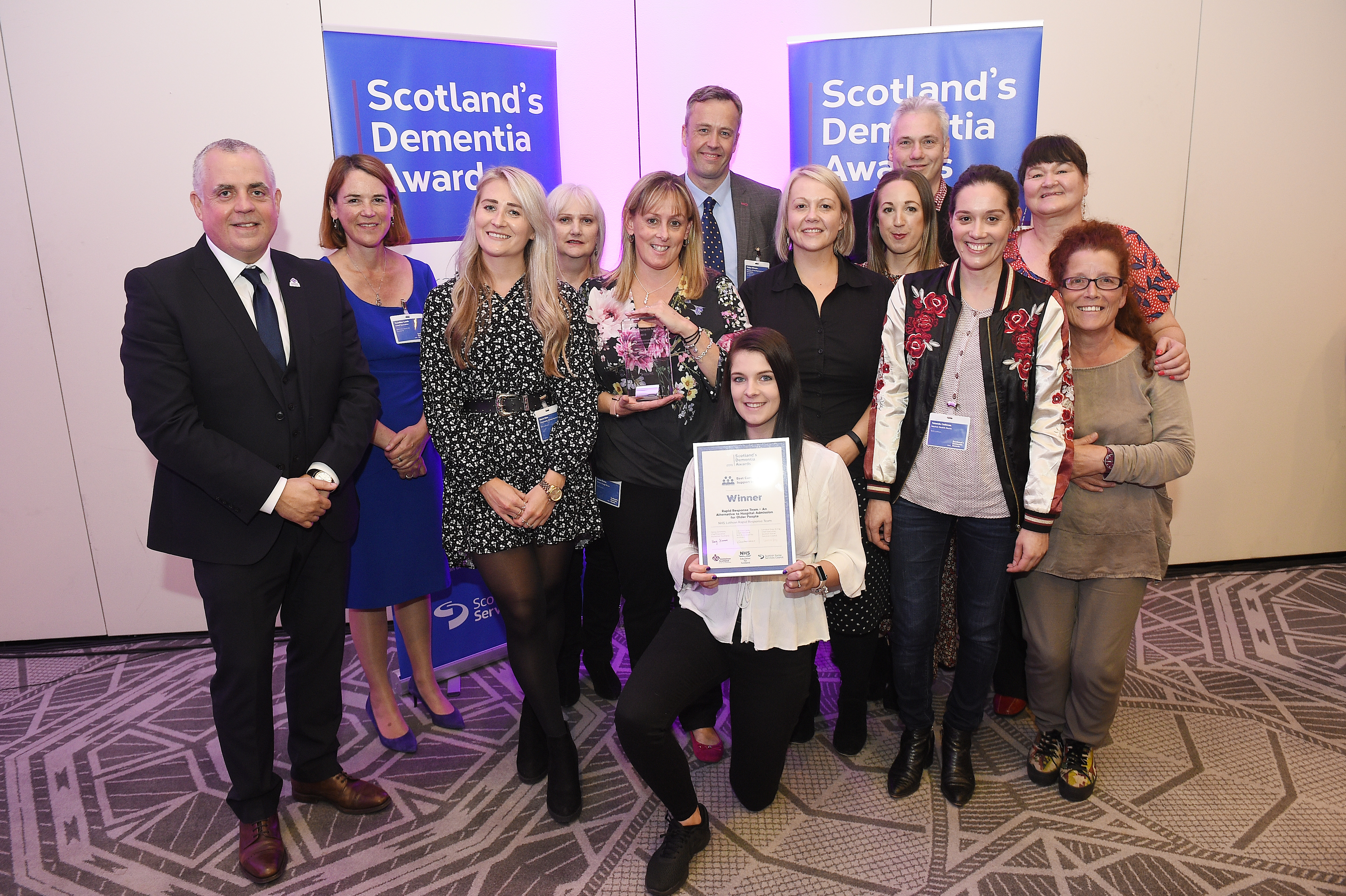 © Greg Macvean
© Greg MacveanThe Rapid Response Team is a recently established, nurse-led, community mental health team which provide an alternative to hospital admission for older people by providing intensive mental health treatment and support at home. It is the first service of its kind in Scotland and aims to address inequalities between adult and older adult mental health services. The RRT prides itself in taking a flexible person-centred approach to care and will assess each person’s needs individually to create a unique care plan in line with the persons own view of what recovery looks like for them.
Best Dementia Friendly Community Initiative
Woodland Activity Group: Forestry and Land Scotland and Scottish Forestry
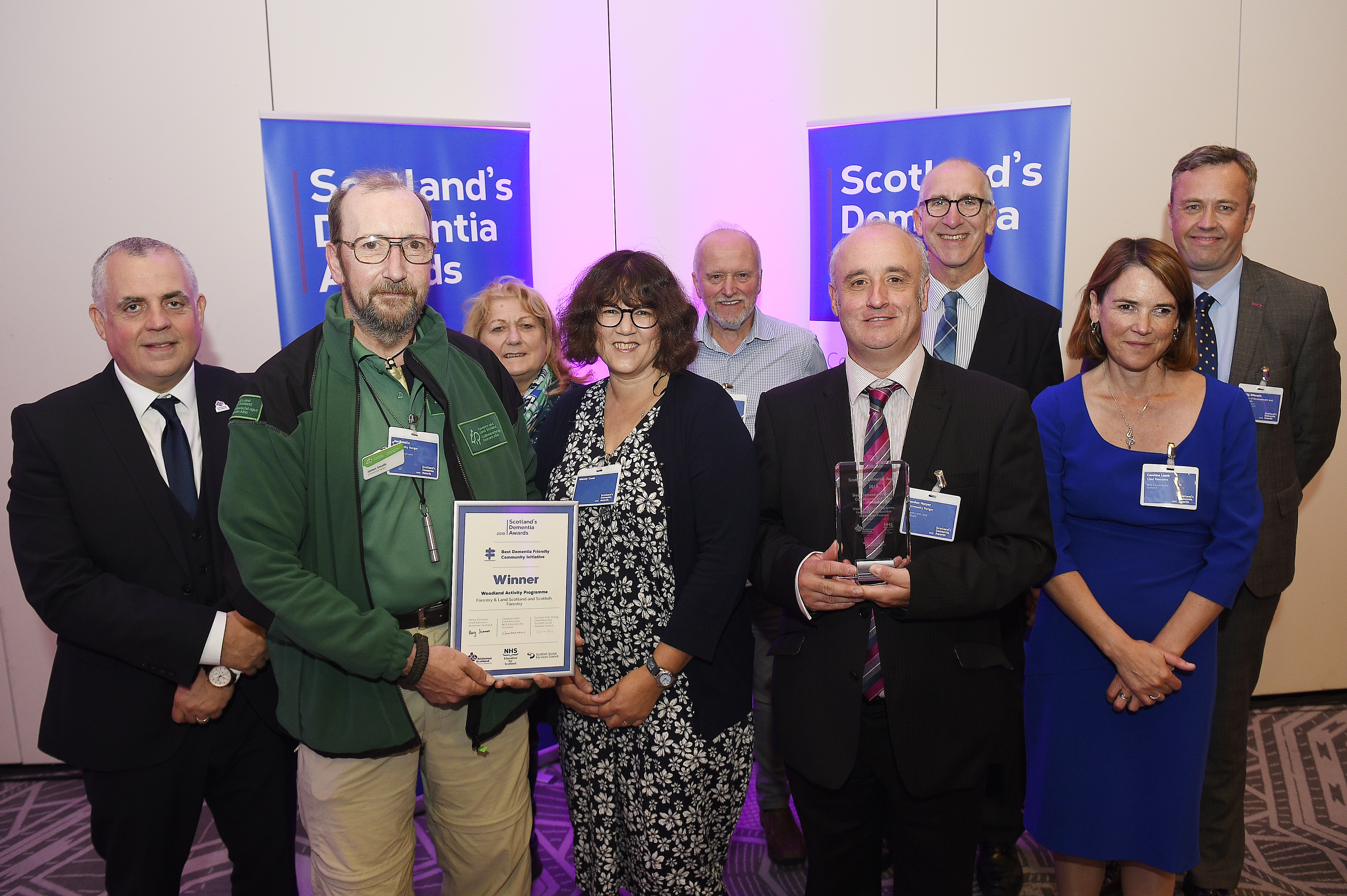 © Greg Macvean
© Greg MacveanThe Woodland Activity Programme is a 10-week programme working with people living with early stage dementia. Participants visit the woodland weekly and take part in variety of outdoor crafts/activities. The programme offers participants a chance to increase their self-confidence and feel engaged with their community. It was developed based on the evidence that being within greenspace can have therapeutic benefits, which enhances the supports currently available for people with dementia.
Best Educational Initiative
Carer’s Academy: NHS Ayrshire and Arran and University of the West of Scotland
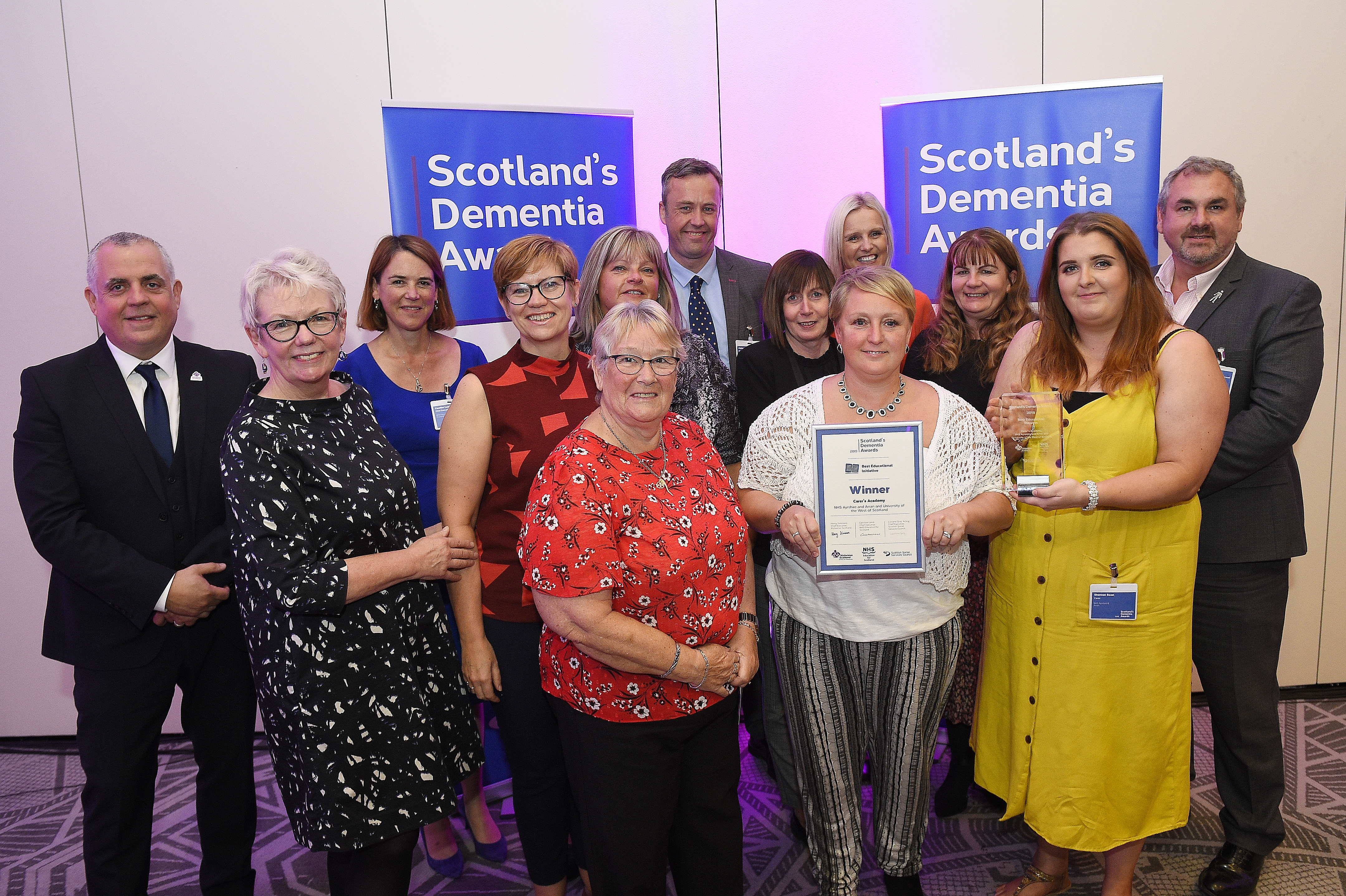 © Greg Macvean
© Greg MacveanThe “Carer’s Academy” is a joint initiative between NHS Ayrshire and Arran and the University of the West of Scotland. The programme aims to support family members and friends who care for loved ones with dementia, to develop enhanced levels of practical skills and knowledge in dementia care. Simulated and practice-based learning approaches are utilised, whilst ensuring careful attention to the maintenance of a supportive and caring learning environment. Evaluation results indicate that the Carer’s Academy is of value to family carers not only on a practical level but also in facilitating peer support and establishing connections with local support services.
Best Hospital Care Initiative
Styles and Smiles: University Hospital Wishaw, NHS Lanarkshire
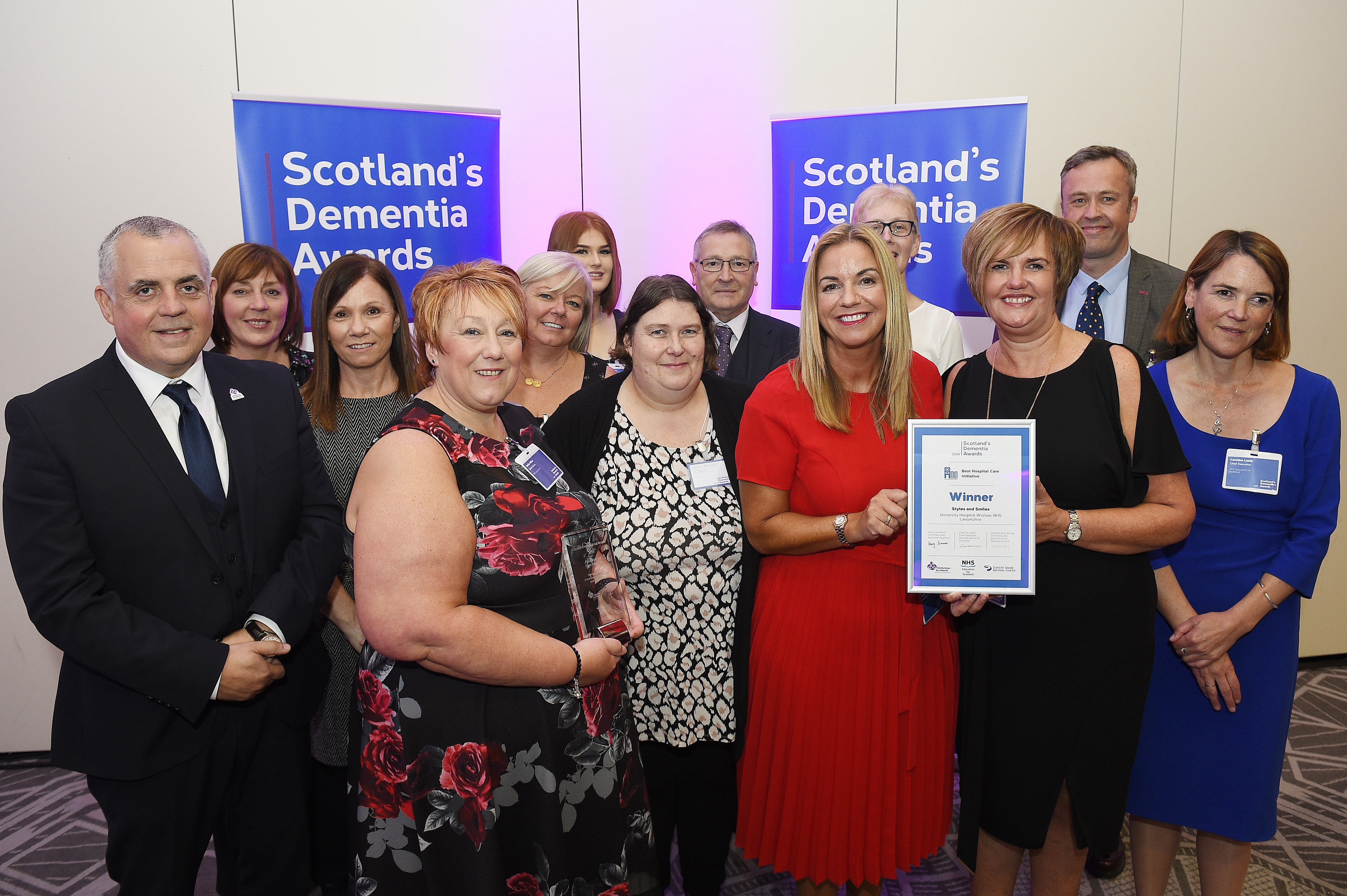 © Greg Macvean
© Greg MacveanThe salon officially opened after feedback from patients to porters regarding lack of hairdressing facilities on-site. Supported by New College Lanarkshire, students provide hairdressing and barber services free of charge and have received advice on how best to support people with dementia. The salon gives people living with dementia the opportunity to keep their hairdressing routine whilst in hospital, in a comfortable surrounding whilst boosting their wellbeing.
Best Care Home Practice Improvement
Developing Namaste Care in Practice: Erskine Park Home
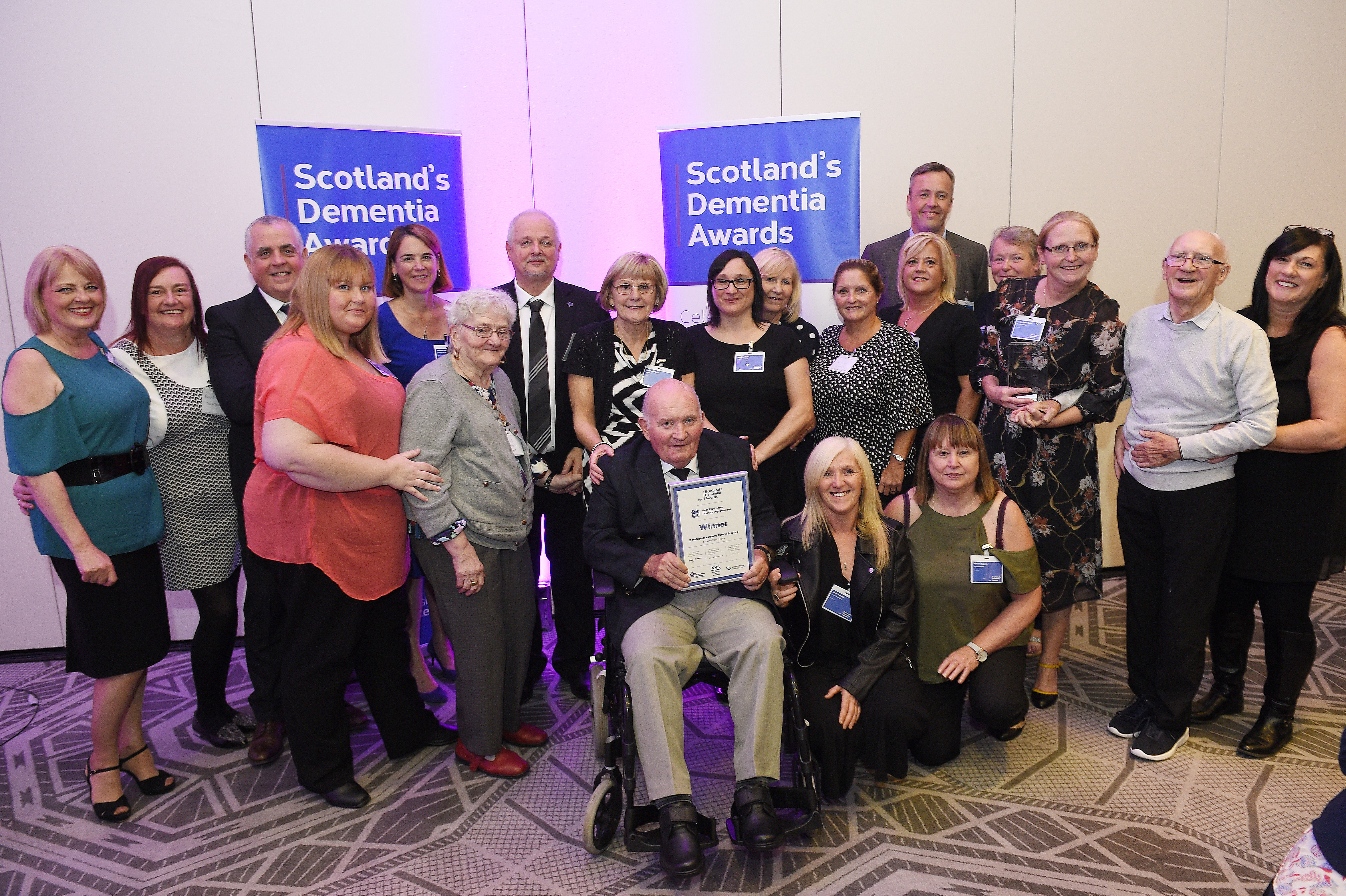 © Greg Macvean
© Greg MacveanNamaste provides simple, person centred ways for care staff to care for residents living with advanced Dementia and at End of Life. It reduces the likelihood of residents living a silent existence with no meaningful engagement in their lives. It recognises the spirit of the individual providing comfort through sensory based experiences. To enable provision of Namaste care seven days a week a training programme was developed to support training throughout the organisation. Namaste care provides comfort not only to residents but also to staff and relatives, providing deeper and more meaningful relationships between them all.

Enjoy the convenience of having The Sunday Post delivered as a digital ePaper straight to your smartphone, tablet or computer.
Subscribe for only £5.49 a month and enjoy all the benefits of the printed paper as a digital replica.
Subscribe